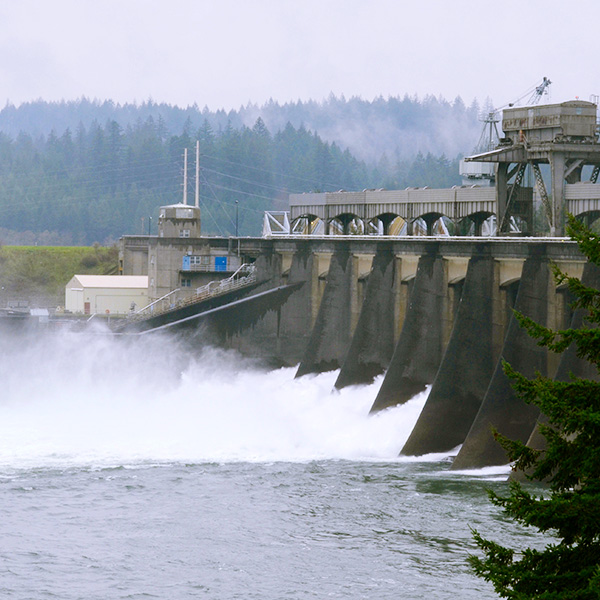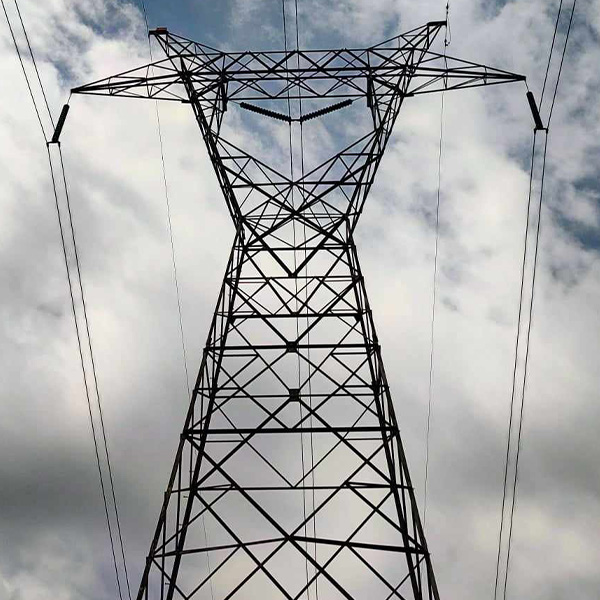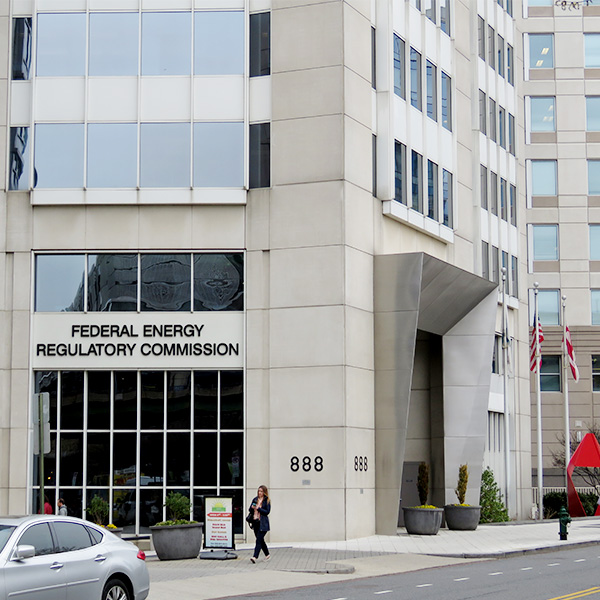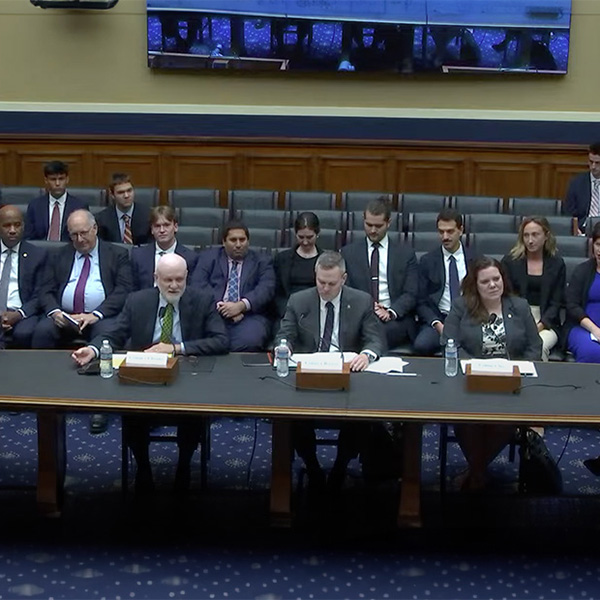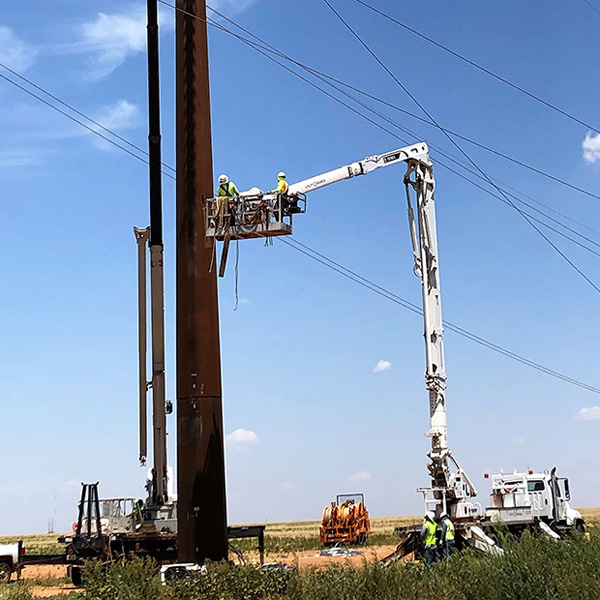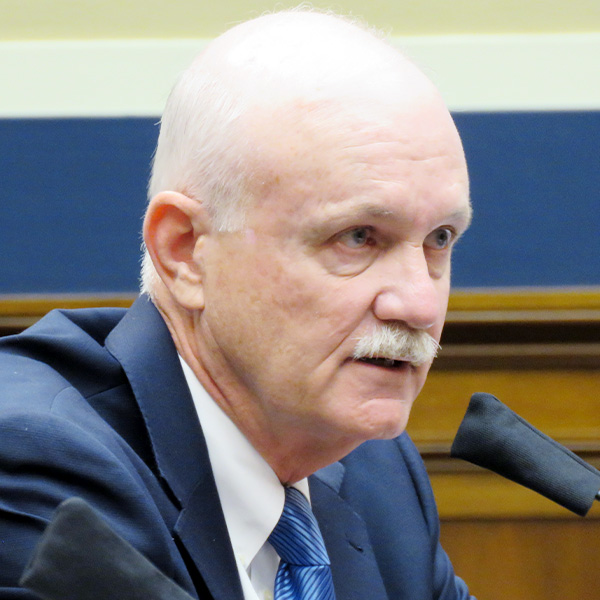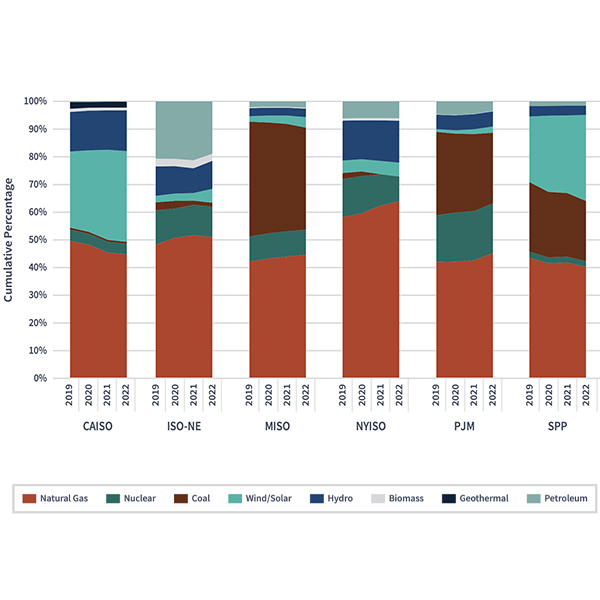FERC & Federal
The Federal Energy Regulatory Commission is an independent regulatory agency that oversees the transmission of electricity, natural gas and oil in interstate commerce, as well as regulating hydroelectric dams and natural gas facilities.
The senators representing Oregon and Washington urged the agency to delay its decision to join a Western day-ahead electricity market until developments play out further around SPP’s Markets+ and CAISO’s EDAM.
FERC ruled that New Brunswick Energy Marketing does not appear to have horizontal market power in the New Brunswick balancing authority area, concluding a Section 206 proceeding that came out of a failed market share screening test.
FERC approved NYISO’s proposed tariff revisions to more accurately accredit natural gas resources’ capacity, but the commission delayed their implementation until 2026.
DOE awarded $371 million to state regulatory agencies to accelerate transmission permitting and to communities impacted by major interstate projects.
At full strength for the first time since the beginning of last year with the addition of Judy Chang, all five FERC commissioners appeared at a House oversight hearing during which representatives questioned them on Order 1920.
FERC approved LS Power’s purchase of an 810-MW natural gas plant in central Pennsylvania despite some qualms from PJM’s Independent Market Monitor.
PJM should adopt a more proactive transmission planning process to deal with the changing resource mix and growing demand on its system in the coming 15 years, according to a report by Americans for a Clean Energy Grid.
FERC has yet to issue a final rule on transmission planning, but supporters of competition for transmission development have said they will appeal it to court if it reimposes a federal right of first refusal.
FERC approved four rate incentives to Mid-Atlantic Offshore Development to serve offshore wind in New Jersey under the State Agreement Approach with PJM.
FERC released the latest iteration of its Common Metrics Report on ISO/RTO markets, which evaluates their performance and benefits.
Want more? Advanced Search
